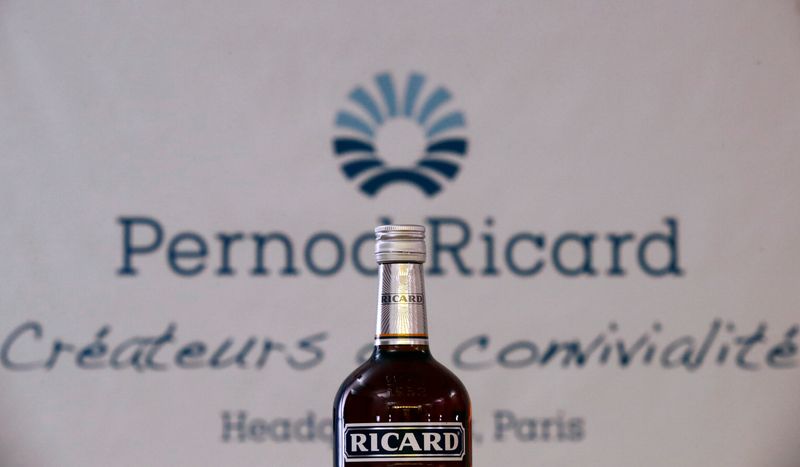LONDON (Reuters) -The spirits industry is planning to push for an exemption to any universal tariffs on U.S. imports imposed by the incoming Trump administration, a trade body representing top spirits makers told Reuters.
President-elect Donald Trump has threatened to impose across-the-board tariffs of 10% on foreign made goods imported into the United States in a bid to eliminate the country's trade deficit.
The Distilled Spirits Council of the United States (DISCUS), representing top producers such as Pernod Ricard (EPA:PERP) in one of the world's top alcohol markets, said it will engage with relevant Trump administration officials to argue spirits should be exempt from such tariffs, given so many liquors can only be produced in one country or region.
Scotch whisky, Irish whiskey, tequila and cognac are all examples of spirits that must be produced in a specific place outside of the United States.
"We'd ask for an exemption based on the distinct origin of these products," said Chris Swonger, President and CEO of DISCUS, adding that while the trade body recognises the intent of Trump's proposals, when it comes to spirits the country or region of production cannot be changed and levies would harm industries such as hospitality.
Aside from across-the-board tariffs, American whiskey and other U.S. spirits face the threat of 50% tariffs on exports to the European Union from March 2025 unless the bloc and U.S. government can come to some agreement in a trade dispute related to EU steel and aluminium, Swonger said.
The tariffs are currently suspended until March 2025 to allow time for talks.

Separately, on Tuesday DISCUS warned that Trump's pledge to impose large tariffs on China, Canada and Mexico, which would impact imports of tequila and Canadian whisky, would hurt U.S. consumers and lead to job losses in hospitality.
DISCUS plans to engage with departments including the Office of the United States Trade Representative, the National Economic Council, the U.S. Department of Commerce and Trump's economic policy team on tariffs threatening the industry, Swonger said.